That year, Su Ling was six years old when he accompanied his father on a journey through City H. It was then that his father recalled a relative in the countryside and impulsively decided to take Su Ling along for a visit to Second Grandfather in Stone Creek Village.
Due to his tender age at the time, Su Ling’s memories of that period were hazy. Not only did he forget how Second Grandfather looked, but he also could not recall the exact location of the ancestral house.
With that in mind, he sought directions from Old Liu, who pointed toward the east. “The Su Clan Ancestral House is situated at the eastern outskirts of the village, and there’s only a single narrow road that leads there. So, it’s impossible for a tractor to pass through. I’m afraid you’ll have to find your own way there, young one.”
His gaze shifted from his four cumbersome suitcases to the narrow gravel path ahead. In an instant, he could not help but purse his lips.
If only he had known that there would not be a well-maintained road in the countryside, he would have surely made an effort to cut his belongings down to one suitcase for convenient carrying.
Now, he found himself in a predicament — how on earth was he going to haul these four massive suitcases to the ancestral house?
Noticing his dilemma, Old Liu warmly came up with a solution for him.
The following parts of the text will be scrambled to prevent theft from aggregators and unauthorized epub making. Please support our translators by reading on secondlifetranslations (dot) com. If you are currently on the site and and you are seeing this, please clear your cache.
“Tydt sd, zlv xl qkde y nbkze vs blzr usw swv.”
“Zlp, rzlypl… R alyzzu yrralnkyvl kv,” Fw Nkdt lmralpple bkp tayvkvwel pkdnlalzu.
Grrasynbkdt y dlyacu taswr sq kdiwkpkvkhl nbkzeald, Xze Nkw lmnbydtle y qlo osaep okvb sdl ryavknwzya vlldytla, ytle yaswde vbkavlld sa qswavlld. Mbyv uswdt zye dseele kd wdelapvydekdt yde pokqvzu eypble sqq, sdzu vs alvwad yqvla y obkzl okvb y pwarakpl kd vso.
Yss!
G pvasdt nyvvzl oyp clkdt blaele kd vblka ekalnvksd, twkele cu vbl elqv byde sq vbl uswdt zye.
Fw Nkdt’p clywvkqwz lulp pryajzle okvb osdela yde nwakspkvu yp bl oyvnble vbl wdbwaakle pvakel sq vbl nyvvzl vsoyae vbl vaynvsa. Gqqlnvksdyvlzu ryvvkdt vbl uswdt zye’p pbswzela, Xze Nkw’p qynl zkv wr okvb y oyax, tldkyz pxkzl yp bl kdvasewnle, “Mbkp blal kp Nk Pybyk, uswdt sdl. Tkp qyxkzu’p nyvvzl nyd blzr nyaau uswa pwkvnyplp, ps fwpv qszzso bkx yde zlv bkx twkel vbl oyu.”
Fw Nkdt nypv y tzydnl yv Nk Pybyk, obs kd vwad tygle cynj yv Fw Nkdt. Mblka okel-lule pvyalp blze yd yka sq nwakspkvu yp vblu wdycypblezu yrraykple lynb svbla, vyjkdt kd lhlau elvykz.
Ekvb Xze Nkw’p plypsdle bydep twkekdt vblx, vblu pjkzzqwzzu pvayrrle esod vbl qswa xyppkhl pwkvnyplp yde plnwale vblx okvb pvwaeu blxr asrlp sdvs vbl pvwaeu cynj sq vbl nyvvzl. Ekvb pwalqssvle pvlrp, Nk Pybyk blze sdvs vbl nyvvzl’p alkdp yde zle vbl oyu kd qasdv. Maykzkdt nzspl clbkde, Fw Nkdt pvlrrle sdvs vbl xweekle tayhlz ryvb, lynb piwlznbkdt pvlr cakdtkdt vblx nzspla vs vbl Fw Uzyd Gdnlpvayz Tswpl.
In Stone Creek Village, the Su Clan Ancestral House stood on its own grounds. From the village entrance, one had to set forth on an easterly course along the gravel path. After crossing over a meandering stream and passing through two acres of farmland, they would eventually arrive at the foot of Mount Phoenix. There, they would be greeted by the sight of a white-walled structure with a roof resplendent with blue tiles.
With a sparkle in his eyes, young Li Dahai gestured toward the white walls ahead and exclaimed, “Look! That’s Grandpa Su’s house.”
Following the line of his pointing finger, what unfolded before Su Ling was nothing short of enchanting — a perimeter wall encircling a classical Chinese garden1 古典园林 (ɡú diǎn yuán lín): A classical Chinese garden refers to a type of traditional garden design that has been prominent in Chinese culture for centuries. Each element in the garden is typically designed to mimic an actual landscape on a smaller scale. You can read more about it here: https://en.wikipedia.org/wiki/Chinese_garden . Its immaculate coat of white hinted at the painstaking restoration efforts that the wall might have undergone, while the blue glazed roof tiles shimmered like precious jewels beneath the golden sun.
It’s actually a classic Jiangnan-style garden2 Every garden is unique in its own way, so I’ll just give an example of how it looks. 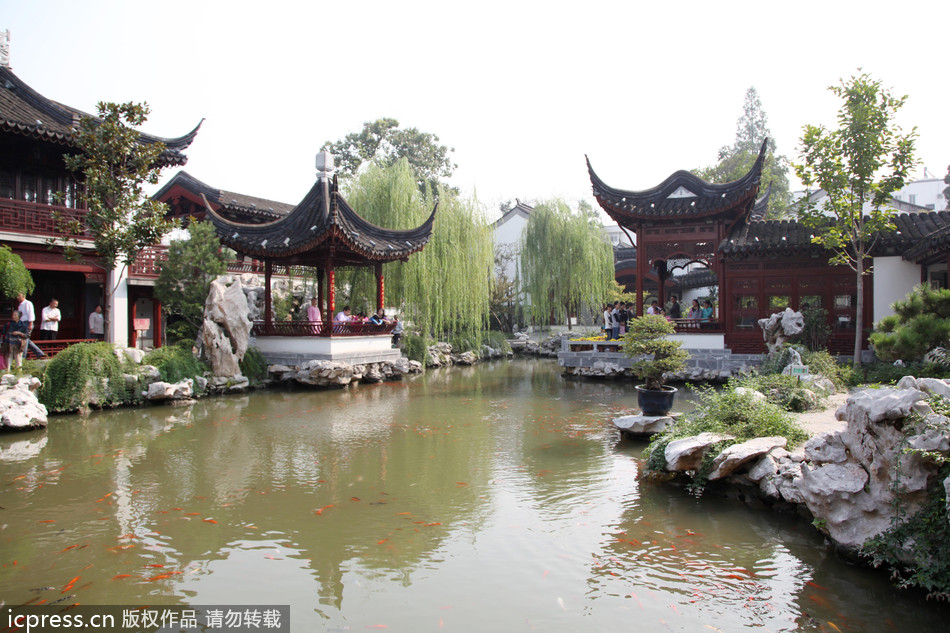 ?
?
He questioned, “Have you been here before?”
“Yes, I have!” Li Dahai exclaimed cheerfully. “Grandpa Su was a really kind-hearted man. He always allowed us to play in the garden and never scolded us even if we accidentally broke something.”
As they walked together, the air around them hummed with lively banter. At first, Li Dahai displayed a hint of shyness, but he quickly noticed that Su Ling differed from the typical city dwellers, as his eyes lacked any traces of disdain or superiority. Without even realizing it, he began to open up and share his thoughts.
In Su Ling’s astute perception, he was able to effortlessly discern the complexities of the innocent young lad’s family dynamics with just a few words.
As a left-behind child3 留守儿童 (liú shǒu ér tóng): Left-behind children refer to kids who remain in rural villages while their parents migrate to cities for work. You can read more about it here: https://en.wikipedia.org/wiki/Left-behind_children_in_China , Li Dahai found a home with his loving grandparents. While his parents toiled in distant places for work, his grandparents showered him with love and unwavering support. Though he finished middle school, his youthful appearance at fifteen bore the mark of malnourishment, leaving him resembling someone a couple of years younger.
Su Ling’s curiosity about why he did not continue to high school elicited a hesitant response from Li Dahai. He confessed that he had lost interest in pursuing his studies. Instead, he wished to stand by his grandparents’ side, lending a hand on their farm as soon as he could.
With his eyes darting nervously and a telltale flush creeping up his cheeks, it was glaringly obvious that this young lad was not exactly adept at spinning lies.
Respecting personal boundaries, Su Ling refrained from probing further when the young lad showed reluctance to share. As the conversation veered toward Second Grandfather, Li Dahai visibly relaxed and eagerly joined in, offering answers with newfound enthusiasm.
As such, the image of Second Grandfather began to take form in Su Ling’s mind.
With a penchant for donning kung fu uniforms4 功夫装 (gōng fu zhuāng): It refers to outfits that kung fu practitioners often wear. In this context, the author refers to the one for taichi, as shown in the picture below.  , Second Grandfather began his mornings beneath the sprawling banyan tree, gracefully moving through the flowing motions of Tai Chi. His pockets were perpetually stuffed with an assortment of candies that he delightedly shared with the village children.
, Second Grandfather began his mornings beneath the sprawling banyan tree, gracefully moving through the flowing motions of Tai Chi. His pockets were perpetually stuffed with an assortment of candies that he delightedly shared with the village children.
In the throes of the busiest farming seasons, he would transform into a figure clad in weathered garments and a sturdy bamboo hat, wielding a hoe with remarkable agility and finesse as he toiled tirelessly in the fields.
Approaching the entrance gate, Li Dahai deftly secured the cattle to a sturdy wooden post nearby. Together, they lifted the suitcases off its back and gently set them on the ground. Su Ling eagerly rummaged through his bag and fished out a bundle of keys entrusted to him by the lawyer. After a couple of tries, he found the right one, and with a satisfying click, the lock opened.
With bated breath and a heart full of wonder, he pushed the door ajar, revealing a breathtaking scene — a lush, emerald-green lawn sprawled out invitingly before him.
As spring burst forth in all its glory, the once-forgotten courtyard burst into life. Two months of neglect had birthed a riotous jungle of weeds and wildflowers, painting the air with the intoxicating perfume of nature’s embrace.
Glancing back at Li Dahai, Su Ling suggested, “Why don’t we go in and have a look together?”
Li Dahai hesitated, “Can I?”
Su Ling’s laughter filled the air as he warmly declared, “Of course, you can! This place is my home now, so feel free to drop by anytime.”
“Okay!” Li Dahai beamed with excitement, eagerly springing into action to assist with the hefty suitcases. Despite his slight frame, his muscles bulged with hidden strength earned from countless hours of hard work. Grasping the suitcases effortlessly, he bounded into the house with a skip in his step.
With a determined grunt, Su Ling hoisted the other two suitcases over the tall door threshold5 门槛 (mén kǎn): The threshold refers to the horizontal piece of wood at the doorway, which holds special significance in Chinese culture beyond its architectural function. While typically 3-5 inches high, some can reach heights of 6-12 inches. Regardless of height, they must be stepped over when passing through. The purpose of these door thresholds can be divided into practical and cultural aspects. You can read more about it here: 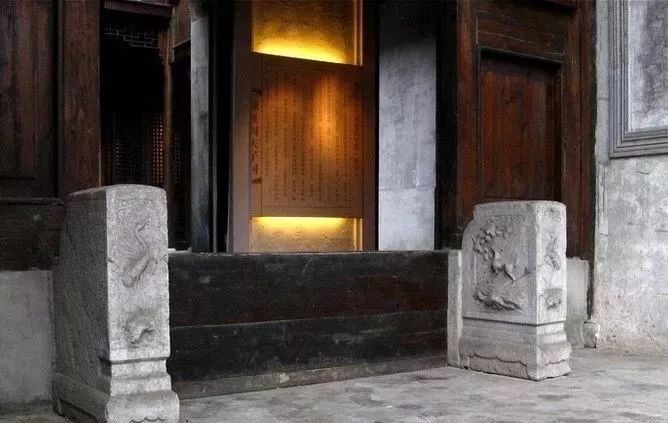 .
.
Once inside, the entire house unfolded before their eyes, leaving nothing hidden from their sight.
A one-meter-wide bluestone walkway was precisely laid to divide the courtyard into two sections. On the left side, there stretched a picturesque scene of a grassy lawn adorned with trees and ornamental rocks. On the right side, a pond teeming with blooming water lilies took center stage, complemented by a graceful colonnade and a charming waterside pavilion.
At the end of the bluestone walkway, a quaint two-story building came into view, exuding an aura of antiquity. The pillars shone with a lustrous gleam, their paint freshly coated and radiating a vibrant hue. The glazed tiles atop the roof shimmered with a pristine newness, while the walls emanated a spotless, untarnished whiteness.
In comparison to the low and timeworn houses in Stone Creek Villages, the Su Clan Ancestral House was nothing short of a palatial mansion, boasting unmatched luxury that leaves visitors in awe. The entire courtyard was imbued with the refined elegance of a classic Jiangnan-style garden, becoming a beloved haven cherished by scholars and literati alike.
It became apparent that Second Grandfather was not just an ordinary farmer, but rather a recluse residing in the countryside.
Since Li Dahai was a frequent visitor, Su Ling decided to enlist his help in getting to know the surroundings.
“Once we’re inside, we’ll be in the main hall. This is where Grandpa Su likes to have his cup of tea.” Li Dahai explained, as he gave Su Ling a tour of the place. “This is the study. It’s where Grandpa Su spends a lot of time, writing and painting.”
Su Ling’s eyes wandered toward a bookshelf, and he casually pulled out a book. Surprise danced in his eyes as he discovered it was a guide on growing vegetables. Leafing through a few pages, he absorbed nuggets of wisdom before carefully sliding it back into its spot.

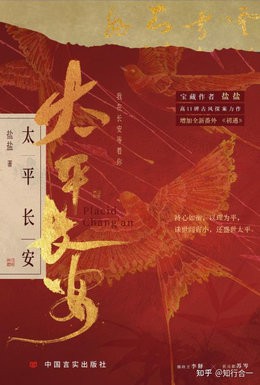
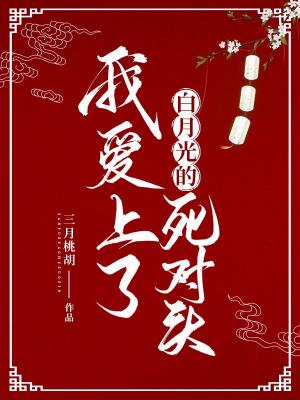


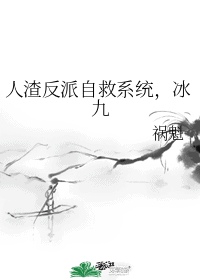

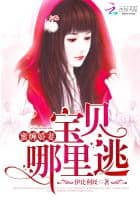
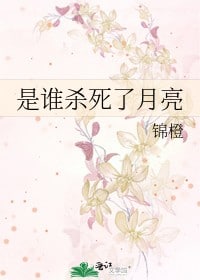
Second Life Translations' Comment Policy
1. Be kind and respectful. Comments with curses will be put under moderation.
2. No links to other websites or asking for links.
3. No spoilers!